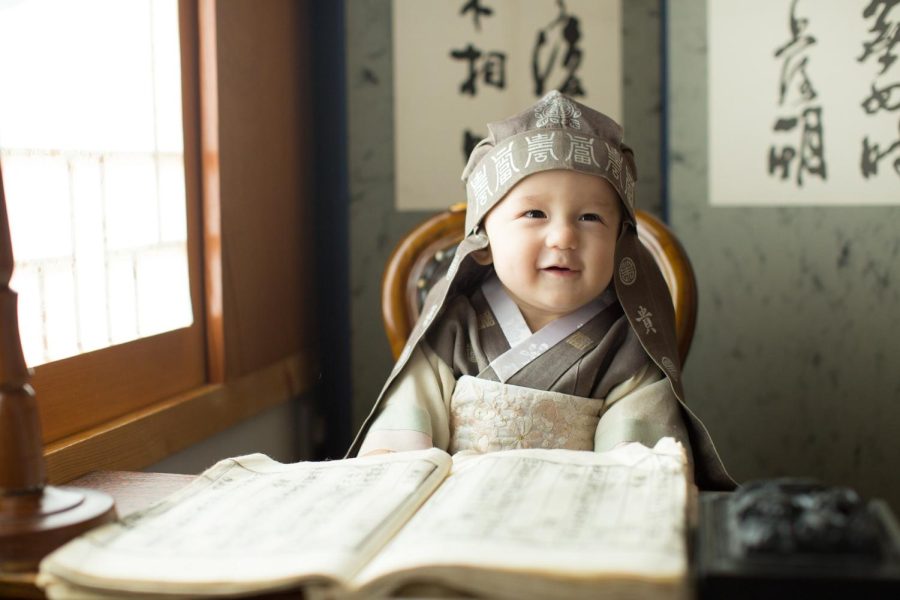Korean Age System Abolished
January 13, 2023
Korean-Americans sometimes find themselves in a difficult situation when native Koreans ask them about their age. Korean-Americans may often say their age, one that is considered their “international age,” only to realize that in Korea they may be considered one or two years older. As weird as that may seem, Korea has been known for having its own system to calculate age that is separate from that of the rest of the world. To make matters even more complicated, the Korean age system isn’t the only age system they follow.
It’s not uncommon for Koreans to have three different ages: their “international age,” a “calendar age,” and a “Korean age.” According to the Korean age system, babies are considered to be one-years-old on the day that they are born, and they gain another year every year.
The international age system is the one that most Americans are familiar with. When calculating one’s age, one refers to the number of years one has been born for, starting at zero.
Sometimes, Koreans have to refer to their calendar age. This is a weird combination of the Korean age system and the international age system. Under the calendar age, babies are considered to be zero-years-old when they are born and another year is added to their numerical age at the start of every new year.
For instance, a baby born on December 31st would be referred to as three different ages the next day. Under his international age, he would be zero-years-old; one-years-old under the calendar year age; and two-years-old under his Korean age. Take Psy, the singer behind “Gangnam Style,” as another example. He was born on December 31st, 1977. He is considered 44 by international age, 45 by calendar year age, and 46 by Korean age.
Interestingly, the three systems have different uses. The Korean age originates to ancient China, and people mainly use it for social scenarios. The international age is used for more legal matters such as civil laws. Finally, the calendar age is also used when dealing with the law but is used when referring to age restrictions such as legal drinking age, smoking age, age for military conscription, etc.
Now, South Koreans are about to become a year or two younger. Well, at least according to their legal documents. On December 8th, 2022, the South Korean government passed a set of bills outlining how the international age system needs to be used in all cases. The bill was proposed as an effort not only to reduce confusion—for both Koreans and non-Koreans alike—but also because using the three age systems created unnecessary social spending. Although it is nice to see people getting “younger,” it’s also somewhat sad to witness the disappearance of a country’s custom.
















































































































































